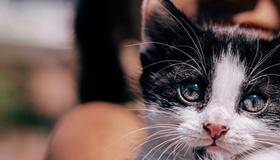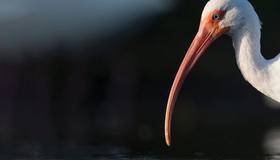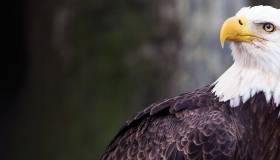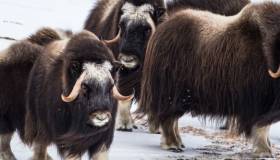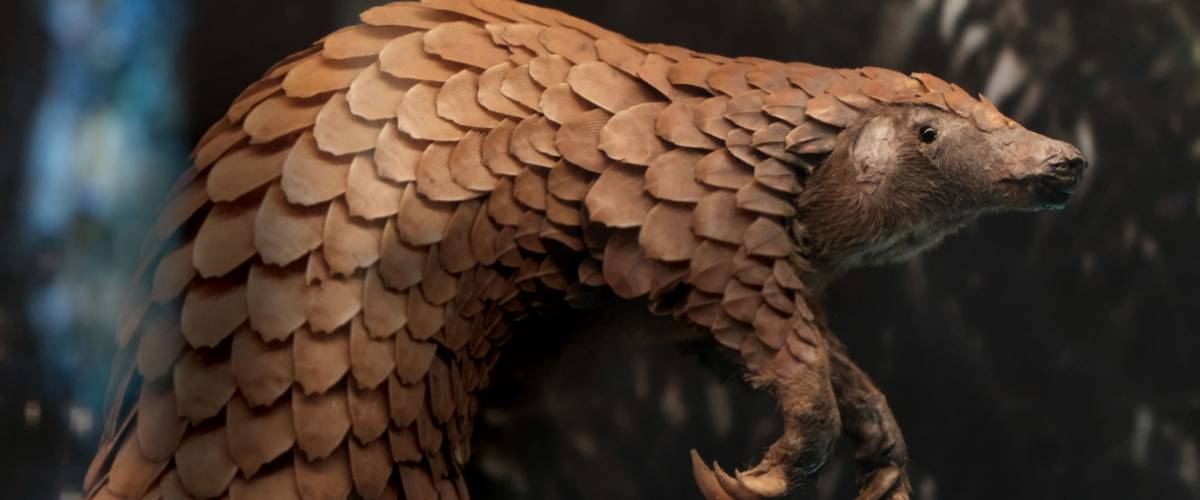
July 26, 2021 – Read about several studies we are funding to improve the health of wild mammals, reptiles, amphibians, birds and invertebrates around the world.
Mammals
- Chlamydia – Evaluate gut microbiome therapy as a possible way to boost survival of koalas receiving antimicrobial treatment for chlamydia so more can successfully return to the wild.
- Nutrition – Define environmental factors that contribute to high-quality maternal milk, and therefore higher survival among fur seal pups, to help inform ocean conservation strategies.
- Pain Management – Determine safety and efficacy data of a commonly used anti-inflammatory and pain medication in California sea lions and Pacific harbor seals.
- Parasitic Diseases – Clarify the role of gastrointestinal tract parasites in chronic wasting syndrome in mountain gorillas living in Bwindi Impenetrable National Park, Uganda.
- Parasitic Diseases – Determine prevalence and strategies to control a parasitic disease in San Miguel Island foxes on the California Channel Islands to help reduce extinction risk.
- Prognostics – Develop a prognostic scoring system for pangolins predicting post-release survival based on initial examination and observations following confiscation and rescue.
- Reproduction – Provide key information on the prevalence and health of wild African savanna and forest elephant hybrids and whether specific conservation strategies are needed.
- Reproduction – Investigate serum hormones as biomarkers of reproductive health in polar bears that can serve as a template for developing tests in other species with low reproductive success.
- Respiratory Disease – Identify locally circulating respiratory pathogens that pose the greatest risk to chimpanzees and the conditions under which they move from people to chimpanzees.
Amphibians & Reptiles
- Antibiotics – Establish how antibiotic therapy influences sea turtle gut microbiota to inform development of pre- and probiotics to restore health for successful release back into the wild.
- Stress – Understand how the acoustic environment affects stress and vocalizations of captive frogs, and develop an acoustic shelter to improve welfare and conservation efforts.
Birds
- Reproduction – Improve breeding and management strategies for the extinct-in-the-wild Guam kingfisher to inform species recovery plans.
- Toxins – Determine the risk to endangered Egyptian vultures in their European breeding range of poisoning from ingesting veterinary pharmaceutical-contaminated livestock feces.
Invertebrates
- Diagnostics – Develop accurate, non-lethal tests to assess the health status of freshwater mussels to improve disease detection and as an aid in restoration efforts.

